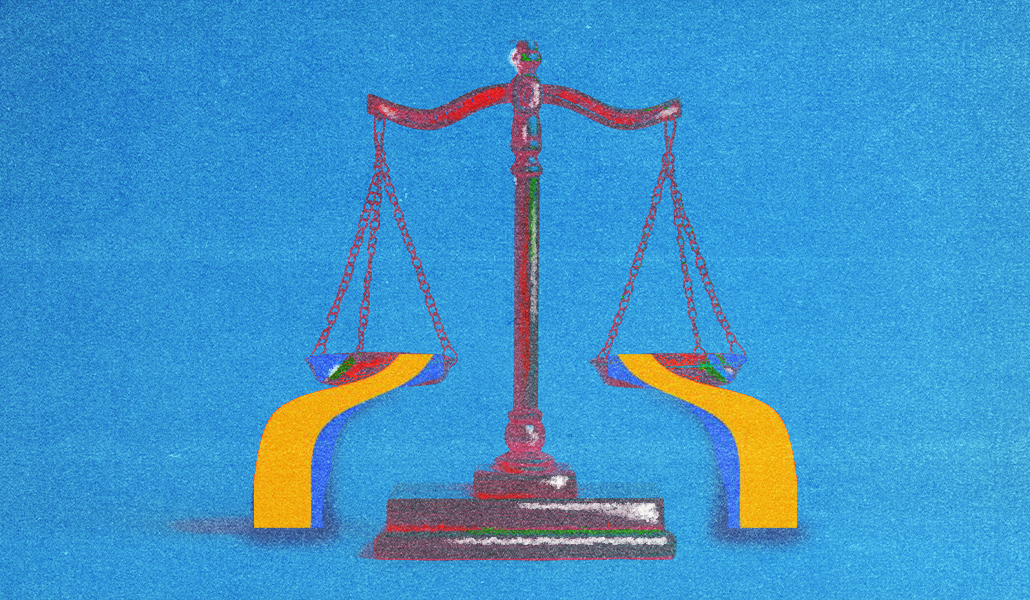
"In the remedies phase, the DOJ argued that only a structural remedy can fix what the court already found was an illegal tying scheme between DFP and AdX. During the remedies phase of the trial, the government's preferred option is a divestiture of AdX - and potentially DFP as well - along with requirements to open source Google's auction logic and hard bans on self-preferencing."
"Google is pushing for a much narrower intervention. The company has repeatedly emphasized that Brinkema did not find its buy-side tools to be monopolies and that there was no unlawful acquisition - arguments the company used to claim the DOJ is overreaching. Google's preferred remedy package consists of contractual and interoperability commitments: deeper technical integrations between DFP and rival ad servers, more flexibility for"
Closing arguments concluded the DOJ v. Google ad tech trial, and Judge Leonie Brinkema has ruled Google illegally monopolized publisher ad servers and ad exchanges. The remedies phase will determine whether Google must divest AdX and possibly DoubleClick For Publishers (DFP), open source auction logic, and face bans on self-preferencing. The DOJ presented data showing 46% of indirect open web display spend flows through Google Ads and 21% through DV360, with Google's bidders sole participants in 60% of examined AdX auctions. Google seeks narrower contractual and interoperability fixes, arguing buy-side tools were not found monopolies.
Read at Digiday
Unable to calculate read time
Collection
[
|
...
]